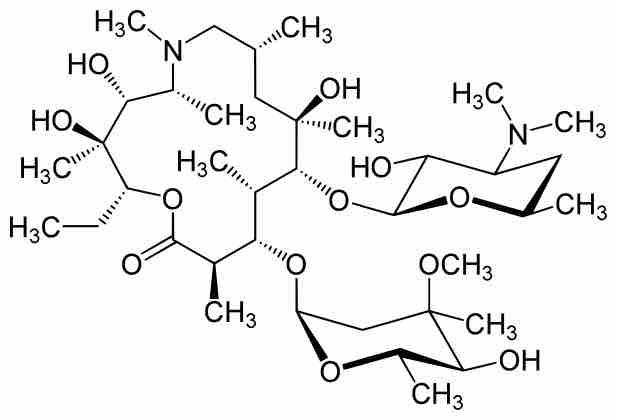Nongonococcal urethritis (NGU) is a urethral inflammation that is not caused by Neisseria gonorrhoeae, a classification used by doctors for treatment purposes. The general symptoms are pain on urination, frequent need to urinate and white or cloudy discharge. The most common symptoms unique to men are discharge from the penis, itching, and tenderness. In women, the symptoms include vaginal discharge, abdominal pain. If irregular menstrual bleeding is present it may indicate that the infection has progressed into pelvic inflammatory disease.
Diagnosing NGU is based on the lack of Neisseria gonorrhoeae in laboratory testsin a patient with urethritis. In men, it can be diagnosed with Gram staining of urethral discharge; the same is not true for women, since they may have other Gram negative bacteria that are part of their normal vaginal microflora. There are multiple infectious agents that can cause nongonococcal inflammation of the urethra. The most common bacterial agent is Chlamydia trachomatis (about a quarter to half of all NGU cases), though others include Ureaplasma urealyticum, Haemophilus vaginalis and Mycoplasma genitalium. Viral infections can be caused sometimes by the Herpes simplex virus or adenovirus. Parasites such as Trichomonas vaginalis can cause inflammation too, although rarely. NGU can be caused by reasons different than infection, such as the use of some chemicals or physical injuries. Since many different infectious agents can be causing NGU, the initial treatment should be with a broad spectrum antibiotic. Studies indicate that therapies with doxycycline or azithromycin with tinidazole can be more effective than doxycycline or azithromycin alone. Sexual partners of infected patients should be treated as well. Prompt treatment is critical in both men and women. Women are at risk of developing pelvic inflammatory disease (PID), while in men the infection can progress to epididymitis and cause infertility.

Azithromycin
The structure of azithromycin, a microlide antibiotic used to treat NGU.